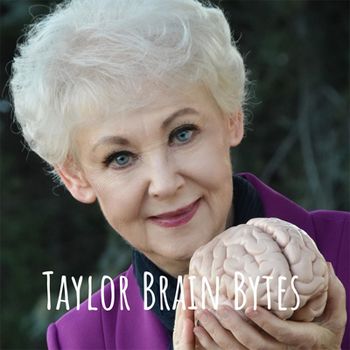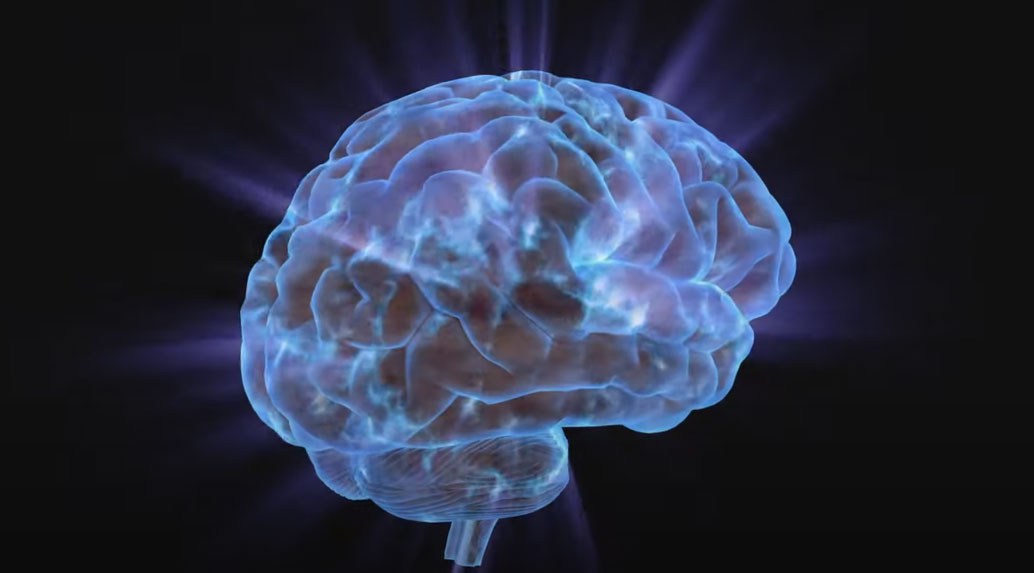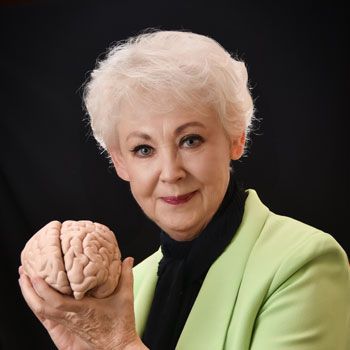Getting Started on an LLM Journey
©Arlene R. Taylor, PhD
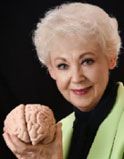 The sign in the overflowing waiting area of the Emergency Department read:
The sign in the overflowing waiting area of the Emergency Department read:
Those who are too busy to take care of their health are like mechanics who are too busy to take care of their tools.
Your ‘tools’ are your brain and body. Without them you would not exist on this planet. But there is such a thing as existing and such a thing as thriving. And they are light years apart. Collective wisdom highlights the importance of each person taking personal responsibility for these ‘tools’—for his or her own brain and body.
The question is:
How does one go about accomplishing that?
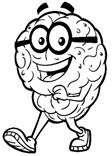
Understanding what really makes positive contributions to health and longevity can be a bit of a puzzle. Some would say more like a deep dark hole. Study conclusions are often controversial and contradictory, which can be confusing and discouraging.
Yes, for every study that recommends one course of action, there’s usually another study that suggests the first one is at least flawed. For every published data table or graph listing ideal weights, there is some other ‘authority’ to cast aspersions on the numbers.
For every professional who suggests paying careful attention to nutrition, there are others who preach that food and drink have a minimal impact—if any—on one’s overall health. For every recommendation to exercise at least sixty minutes each day, another advertises a new piece of equipment or activity that purports similar benefits in under five minutes a day. For every cooking show that implies you can enjoy whatever you want and still retain your health, another contradicts. For every study that shows wine can benefit one’s cardiovascular system, another says that it increases the risk for some types of cancers.
For every grandparent who slips sodas, candy, cookies, ice cream, cake, and pizza to the grandchildren, another is horrified and provides less sugary treats. For each child who plays outdoors every day, others are sedentary, sitting like little lumps in front of their big, flat-screen television, using computers, smart phones, and iPads, twittering and tweeting on multiple social media sites.
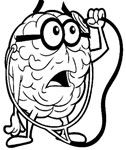 For every advertisement touting yet another miraclepill, packet of powder, liquid diet, injection, prepared and pre-purchased meals, exercise equipment, or magic potion to help avoid the need for roomier clothing, there are those who insist that big is beautiful, glossing over serious risks to mental, emotional, and physical health.
For every advertisement touting yet another miraclepill, packet of powder, liquid diet, injection, prepared and pre-purchased meals, exercise equipment, or magic potion to help avoid the need for roomier clothing, there are those who insist that big is beautiful, glossing over serious risks to mental, emotional, and physical health.
Some say: Take care of your brain. That’s where you think. Or: Take care of your body. That’s where you live, as Jim Rohn puts it. Others say: Exercise. Sleep well. Or: Eat right. It will impact both brain and body. Or: Get serious about managing stress in hour life. Or: It’s really all about portion control. Exactly how to do this is grist for the mills of argument and controversy, and the impetus behind the scores of diets and the thousands of pages written about them—to say nothing of hundreds of cookbooks that purport success if you just ‘follow the recipe.’ It can be confusing at best and crazy-making at its worst.
What is the scoop?
Is there a real deal?
Scientists generally recognize five main determinants of health in any given population.
The five determinants are:
- Genetics and epigenetics
- Individual choices and behaviors
- Social environments
- Physical environments
- Health services (access to quality care and insurance).
These determinants-of-health factors do have an impact on disease and longevity.
![]() For starters, there is no easy fix, no charm-paved yellow brick road, and no magic wand to fully prevent what may be preventable. Neither is there a one-step strategy that achieves long-lasting health and wellness by popping a pill, downing a drink, sniffing or snorting some supernatural substance, or getting a shot. And there is no genie that smokes or snakes out of the lamp when you rub it, no magic or miracle reversal potion. This alone stops those who are only interested in health if it is ‘fast, easy, and aligns with their current lifestyle.’
For starters, there is no easy fix, no charm-paved yellow brick road, and no magic wand to fully prevent what may be preventable. Neither is there a one-step strategy that achieves long-lasting health and wellness by popping a pill, downing a drink, sniffing or snorting some supernatural substance, or getting a shot. And there is no genie that smokes or snakes out of the lamp when you rub it, no magic or miracle reversal potion. This alone stops those who are only interested in health if it is ‘fast, easy, and aligns with their current lifestyle.’
Each human brain harbors perceptions about lifestyle and longevity—many absorbed prior to age five—that have triggered deeply entrenched beliefs and habits often difficult—but not impossible—to alter. Take food, for example. In his book Breaking the Food Seduction Dr. Neal Barnard points out that when many infants and toddlers begin to taste solid foods, they often like fruit and rice cereal instantly. And sweets. Oh my, do they learn to love sweets in a nanosecond, including desserts and sugary drinks. To the point they will often gravitate to any food high in sugar content.
And meat?
Not so much.

Many children, as they begin eating solid foods, are unexcited about meat and shy away from it. Although, as Dr. Barnard points out, before long most will eat meat as a habit, with life-long consequences. Meat appears to possess subtle drug-like qualities, much like those of sugar, cheese, and chocolate. When meat touches your tongue, opiates are released in your brain. Meat, sugar, cheese, and chocolate (to name just a few) reward you, rightly or wrongly, for eating these calorie dense foods, thus pushing you toward making it a habit.
A survey done in 2000 of 1,244 showed one in four Americans were unwilling to give up eating meat for even one week in exchange for a hypothetical reward of $1000. Interestingly, Asian and Hispanic Americans were more likely to accept the hypothetical reward (fewer than ten percent refused) while twenty-four percent of Caucasians and twenty-nine percent of Blacks were unwilling to do so.
In 1948, the World Health Organization (WHO) adopted a definition of health which has not changed since that time.
Health is a state of complete physical, mental and social well-being and not merely the absence of disease or infirmity.
Buddha, ancient India’s spiritual teacher (c. 563 BC to 483 BC) wisely said:
To keep the body in good health is a duty. Otherwise, we shall not be able to keep our mind strong and clear.
Persius, a Roman poet and satirist of Etruscan origin (34 AD to 62 AD) has been quoted as saying:
 You pray for good health and a body that will be strong in old age. Good—but your rich foods block the gods’ answer and tie Jupiter’s hands.
You pray for good health and a body that will be strong in old age. Good—but your rich foods block the gods’ answer and tie Jupiter’s hands.
According to President John F. Kennedy:
Physical fitness is not only one of the most important keys to a healthy body. It is the basis of dynamic and creative intellectual activity.
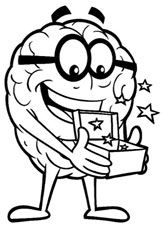 Famous author Mark Twain had it right:
Famous author Mark Twain had it right:
The secret of getting ahead is getting started. The secret of getting started is breaking your complex overwhelming tasks into small manageable tasks and starting on the first one.
Go ahead.
Get Started!

